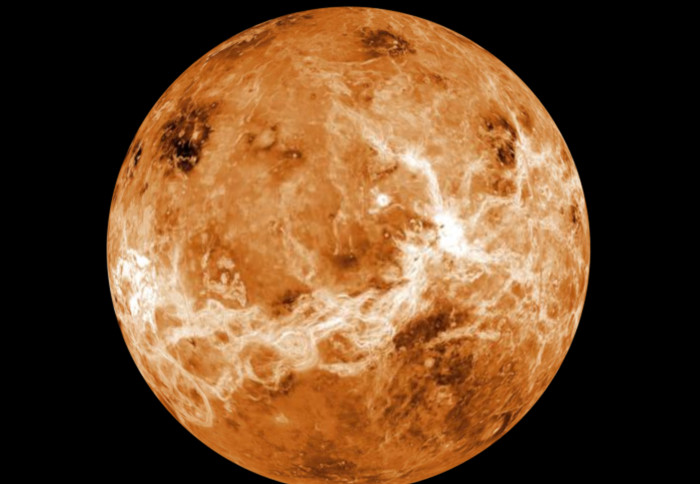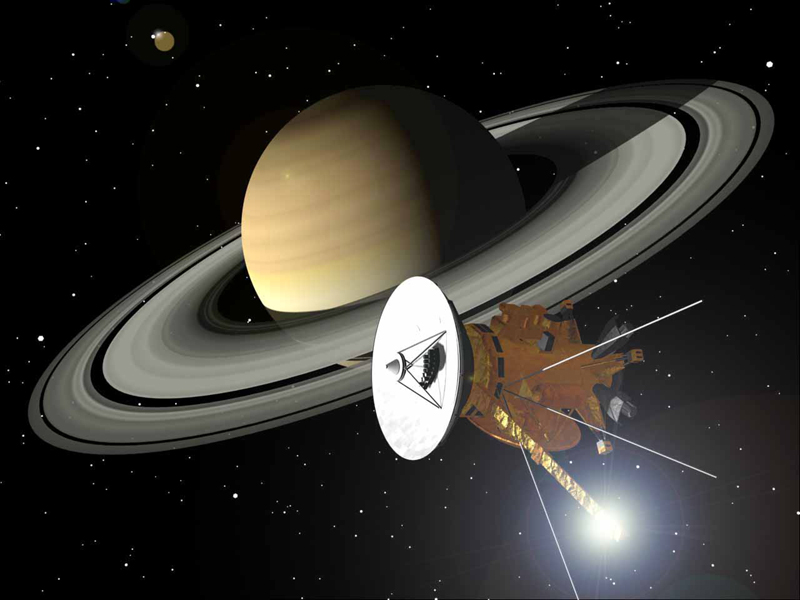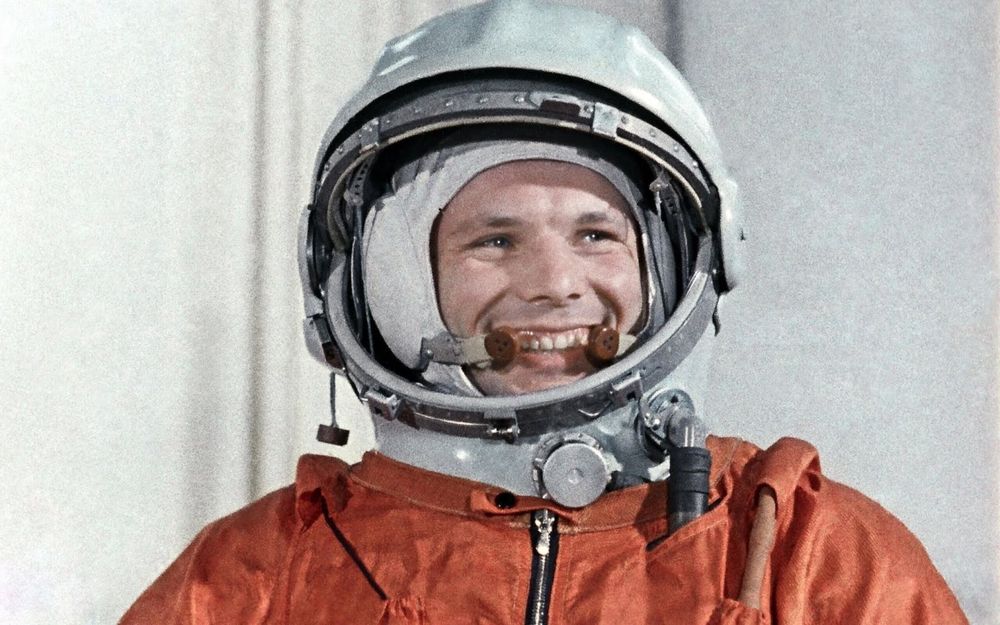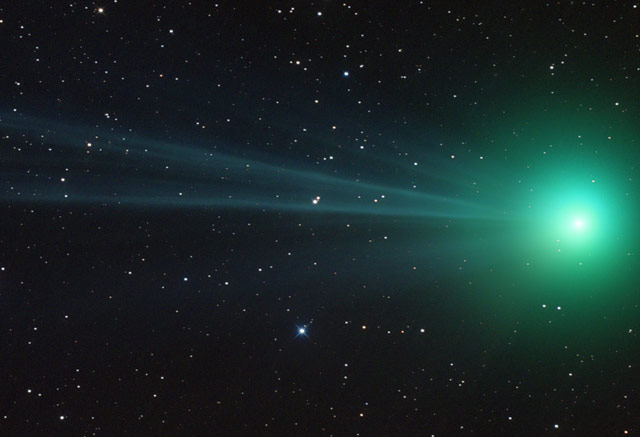Hi everybody
Here is the latest article from the Astronomy site at BellaOnline.com.
Five Astronomy Non-events of 2017
The year 2017 was favored with dire predictions of destructive giant impacts, and the 15 days of darkness “forecast by NASA” was back again. Unusually, there was no sign of the “Mars will look as big as the full Moon” that's been a regular since 2003. But there's also a new non-event.
http://www.bellaonline.com/articles/art304935.asp
*Birth anniversaries*
(1) January 4, 1643: Isaac Newton was born Christmas Day 1642 according to the Julian Calendar then in use. But on the Gregorian calendar we now use, the equivalent date was ten days later.
(2) January 8, 1942: Stephen Hawking, possibly the most famous living scientist, is best known for his work on black holes.
(3) January 12, 1907: Sergei Korolev, the mastermind behind the Soviet space program. Even his name was a state secret - he was referred to as the Chief Designer.
*Discoveries*
(1) January 1, 1925: Edward Hubble read to the American Astronomical Society a ground-breaking paper. It showed that the Andromeda "nebula" wasn't an object in the Milky Way, but a galaxy in its own right.
(2) January 5, 2005: Mike Brown's team at Palomar Observatory discovered Eris. This distant object that at first appeared to be bigger than Pluto ignited the debate about the definition of a planet. NASA had originally referred to Eris as the "10th planet", but both Eris and Pluto ended up as dwarf planets.
(3) January 7, 1610: Galileo first saw three of Jupiter's moons.
(4) January 11, 1787: William Herschel discovered two moons of Uranus, Oberon and Titania.
*Space missions*
(1) January 2, 1959: the Soviet Union's Luna 1 was the first spacecraft to leave the Earth's gravitational field. It passed to within 6000 km of the Moon, and ended up in orbit around the Sun.
(2) January 2, 2004: NASA's Stardust probe encountered Comet Wild. It collected samples of space dust and comet dust, and returned them to Earth in 2006.
(3) January 14, 2005: ESA's Huygens probe landed on Saturn's moon Titan.
*And about time*
On January 14, 1916, the first women were admitted as full members of the Royal Astronomical Society in Britain. It was close to a century after the society was founded.
Please visit http://astronomy.bellaonline.com/Site.asp for even more great content about Astronomy. I hope to hear from you sometime soon, either in the forum http://forums.bellaonline.com/ubbthreads.php/forums/323/1/Astronomy or in response to this email message. I welcome your feedback!
Do pass this message along to family and friends who might also be interested. Remember it's free and without obligation.
I wish you clear skies.
Mona Evans, Astronomy Editor
http://astronomy.bellaonline.com
One of hundreds of sites at BellaOnline.com
.
astronomy Newsletter








